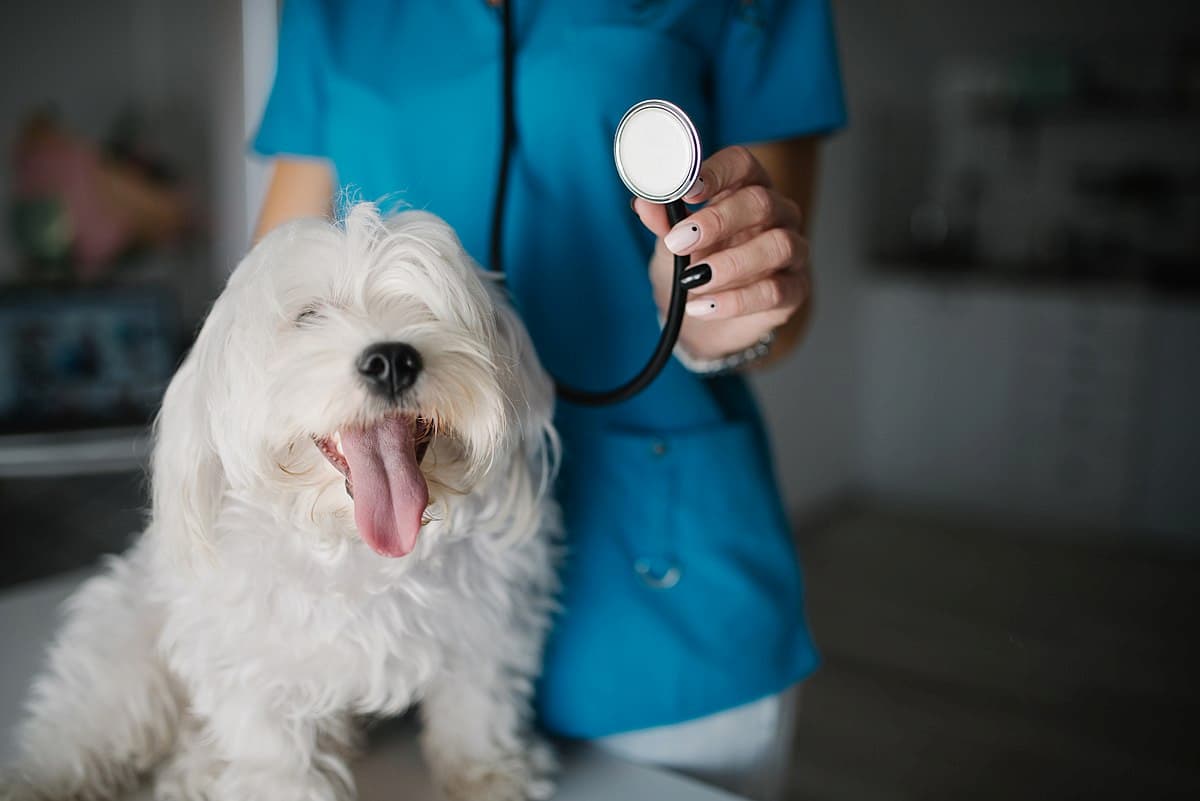Dog Vaccine Recommendations
Published on July 14, 2011

“What vaccines should my dog get?” This is a question veterinarian’s hear on a fairly regular basis. Because of advances in science and vaccine technology, and a growing body of information about infectious diseases, the answer you may have gotten 15 years ago is different from the answer you will get today.
According to the American Veterinary Medical Association’s Council on Biologic and Therapeutic Agents, “medical decisions concerning vaccine selection and administration protocols are among the most complicated medical decisions facing veterinarians today.” Here’s why:
The reasons are numerous and include, but are not necessarily limited to,
continual changes in our understanding of the immune system,
changes in local/regional population susceptibilities to various diseases,
increased animal valuation with related liabilities,
longer animal life expectancies, and improved medical record systems, which allows for better tracking of the short-, medium-, and long-term effects of vaccine use/administration.”
Other contributing factors that affect a veterinarian’s decision as to whether any given dog should receive a vaccine include:
- veterinary medicine’s constantly evolving understanding of infectious diseases,
- veterinarians’ concerns regarding the regulations behind vaccines (licensing, labeling, etc.), and
- veterinarians’ awareness of the risks associated with vaccines. Much has been made of the risks of vaccination in recent years. Unfortunately, this debate has fueled a largely unwarranted backlash against vaccinations in general, which protect dogs from dangerous (and sometimes fatal) diseases while also protecting humans from diseases (such as rabies) that are transmissible across species.
In light of the oft-politicized and sometimes emotionally charged discussion of vaccination, it’s crucial to remember that vaccines have played a significant role in enabling both humans and animals to live longer and healthier lives in a world rife with microbial pathogens.
Nonetheless, it bears mentioning that every available vaccine is not necessarily indicated for every dog. This is why a thorough evaluation of each patient’s potential for disease exposure and the risks/benefits associated with his/her vaccination are fundamental to deciding whether a pet gets vaccinated.
Vaccination decisions should always be made in consultation with a veterinarian so they can be tailored to meet a pet’s individual needs.
According to the American Animal Hospital Association’s (AAHA) vaccine guidelines, the following vaccines are considered “core” (indispensable) vaccines for all dogs in the United States:
- Rabies virus
- Canine distemper virus
- Canine adenovirus-2 (hepatitis)
- Canine parvovirus
For puppies, the rabies vaccine should be administered as a single dose as early as three months of age. For adults (dogs 16 weeks or older) receiving an initial rabies vaccine, one dose is considered protective. For all dogs, a second dose one year after the initial vaccine is recommended. Following that, the vaccine should be administered every one to three years, depending on the product’s labeling.
For the canine distemper virus vaccine, canine adenovirus-2 vaccine, and canine parvovirus vaccine, puppies should receive a minimum of three doses between the ages of 6 and 16 weeks, administered at three- to four-week intervals. Should the initial vaccination take place after 16 weeks, two vaccines three to four weeks apart are recommended. Puppies should receive a booster one year after vaccination and then at intervals of every three years or longer.
The following vaccines are considered non-core, which is to say they are optional vaccines that dogs can benefit from based on risk for exposure to the diseases in question:
- Bordetella (kennel cough vaccine)
- Lyme disease (Borrelia burgdorferi vaccine)
- Leptospirosis
- Canine coronavirus
- Parainfluenza
The AAHA has categorized another group of vaccines as “not recommended.” This categorization does not mean that the vaccines are bad or dangerous. This designation simply means that widespread general use of the vaccine is not currently recommended for pet dogs. They are:
- Coronavirus
- Giardia lambla (no longer available as of this writing)
- The AAHA takes no position on the use of some other vaccines, such as the rattlesnake vaccine (Crotalus atrox).
Vaccination remains one of the most important services your veterinarian offers, and although vaccination is a routine procedure, it should not be taken for granted. It also allows a regular opportunity for your veterinarian to perform a physical examination, which is very important for keeping your dog healthy. Protecting patients is your veterinarian’s primary goal, and developing an appropriate vaccine protocol for your pet is as important as any other area of medicine.
This article has been reviewed by a Veterinarian.


